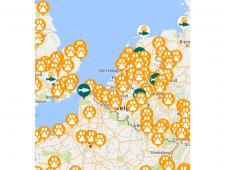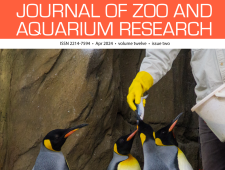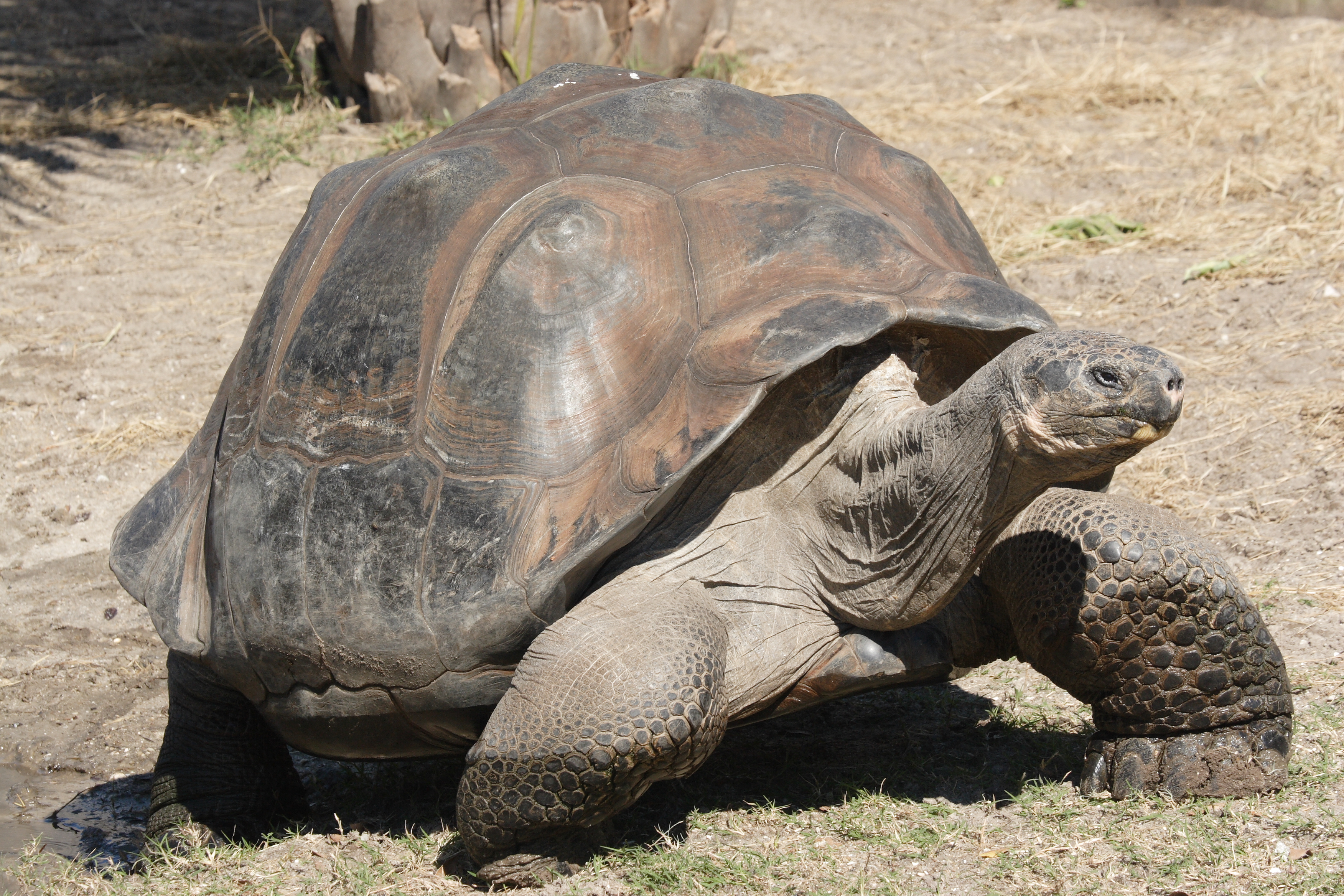Galapagos giant tortoise
( C. abingdonii, C. becki, C. chathamensis, C. darwini, C. donfaustoi, C. duncanensis, C. guntheri, C. hoodensis, C. niger, C. phantasticus , C. microphyes, C. porteri, C. vandenburghi , C. vicina)
Coordinator: Claudia Rudolf von Rohr
Institution: Zoo Zurich
Programme roles
| • Insurance This role contemplates the possibility to maintain a long-term ex situ population to preserve options for the future. The population within EAZA is managed to provide individuals for augmentation of populations (demographically and/or genetically). This role is not realistic/achievable with the current population as it is not known what subspecies are currently in collections. Therefore, the main focus for this role is the genetic management of the species. |
|
| • Conservation education Galapagos tortoises can be used to educate the general public with a focus on Galapagos Islands and the link to evolution as well as big tortoises in general. • Research The EAZA population provides the opportunity to gain basic knowledge on species husbandry as well as to share this knowledge. |
|
Programme numbers
In February 2024, the Galapagos giant tortoise EEP had 131 animals in 28 institutions.
Programme highlights
- The EAZA Amphibian and Reptile TAG have a closed Facebook group that is intended for zoo staff who work with amphibians and reptiles in EAZA members can join to share information.
- London Zoo has a factsheet about Galapagos giant tortoises with 7 not very well known facts.
- Zooquaria issue 107 (winter 2019/2020) is dedicated to chelonians with articles about the Regional Collection Plan and the articles dedicated to the many chelonian species.
- •EAZA published it’s 2021 Annual TAG report. On page 13 you can read about the activities of the Reptile TAG.
 This work is supported by the European Union LIFE NGO funding programme. The European Union is not responsible for the views displayed in publications and/or in conjunction with the activities for which the grant is used.
This work is supported by the European Union LIFE NGO funding programme. The European Union is not responsible for the views displayed in publications and/or in conjunction with the activities for which the grant is used.






